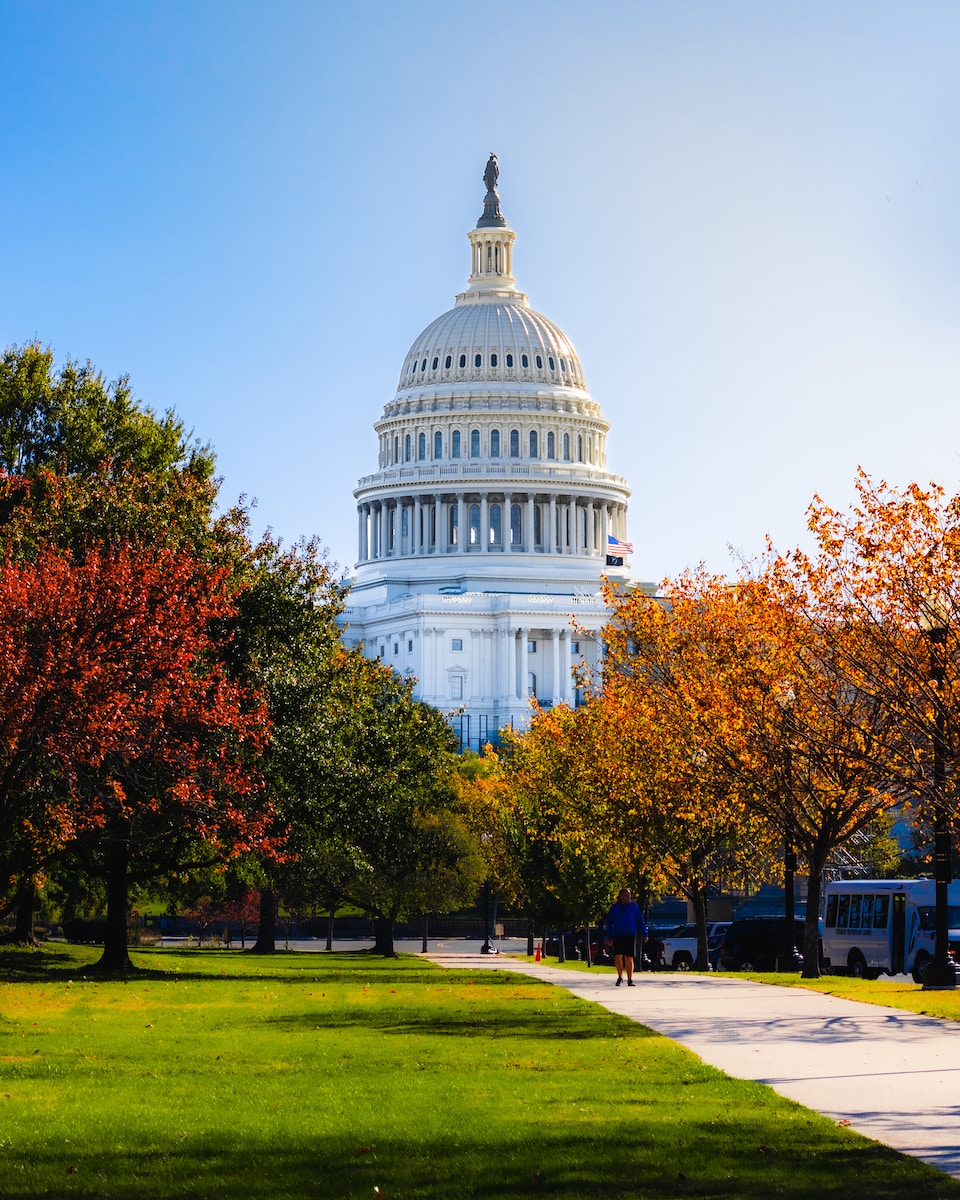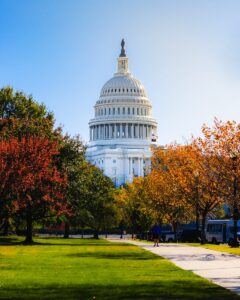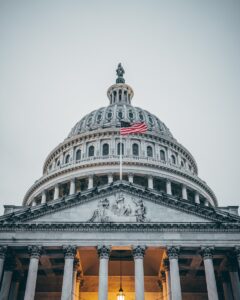Who are lobbyists and what do they do?
Lobbying is the process of influencing government policy by advocating, persuading, and influencing legislators and other government officials. This practice is often conducted by professional advocates known as lobbyists. Lobbyists represent a wide range of interests, including corporations, non-profit organizations, advocacy groups, and other entities.
The Role of Lobbyists in Politics
Lobbyists play a critical role in shaping public policy. They serve as intermediaries between interest groups and government officials, providing information, analysis, and advice on key legislative and regulatory issues. They also help to mobilize public opinion and coordinate advocacy campaigns to influence the policy-making process.
Lobbyists are often hired by corporations, trade associations, and other organizations to influence government policies that may impact their businesses or industries. They may work to promote or oppose legislation, regulations, or other policy proposals that affect their clients. Lobbyists also play a key role in fundraising and campaign finance, helping to raise money for political candidates who support their clients’ interests.
Understanding the Influence of Lobbyists in Government Affairs
Lobbyists have significant influence in government affairs. They often have direct access to lawmakers and other government officials and are able to provide them with information and analysis on key policy issues. Lobbyists also have significant financial resources, which they can use to fund political campaigns and support candidates who are sympathetic to their clients’ interests.
However, the influence of lobbyists is not unlimited. Government officials are ultimately responsible to the public, and they must balance competing interests and consider the broader implications of their policy decisions. Moreover, many lobbying efforts are subject to public scrutiny, and interest groups must operate within legal and ethical constraints to maintain their credibility and legitimacy.
Overall, lobbyists play an important role in shaping public policy and influencing the policy-making process. While their influence can be significant, it is important to recognize that government officials must ultimately act in the public interest and consider the broader implications of their policy decisions.
Lobbying is an integral part of the American political system, and understanding the role and influence of lobbyists is essential to understanding how policy decisions are made. While the influence of lobbyists can be significant, it is ultimately up to the government officials to make decisions that serve the public interest. As such, it is important for citizens to stay informed and engaged in the policy-making process to ensure that their interests are represented and protected.







